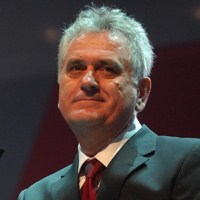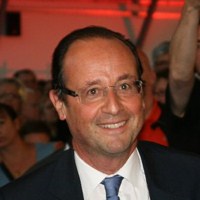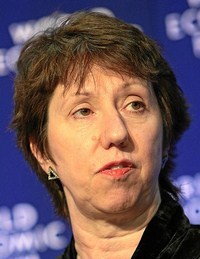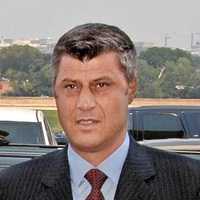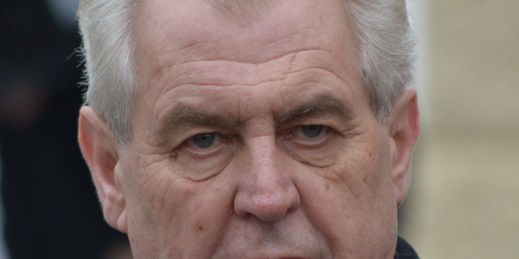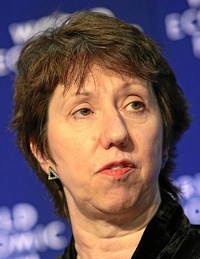
The European Union, most often preoccupied with its economic problems over the past few years, grappled with two strategic challenges last week. The first involved a tug-of-war with Russia over Ukraine. The second centered on Geneva, where the union’s foreign policy chief, Catherine Ashton, chaired talks on Iran’s nuclear program. The EU appeared to fail the first test, as Ukrainian President Viktor Yanukovych stepped back from approving an association agreement with the bloc under pressure from Moscow. By contrast, the Geneva negotiations culminated in seeming success, as Tehran agreed to temporarily curtail its uranium enrichment in exchange for mild sanctions […]

